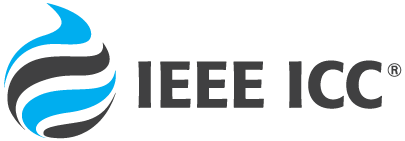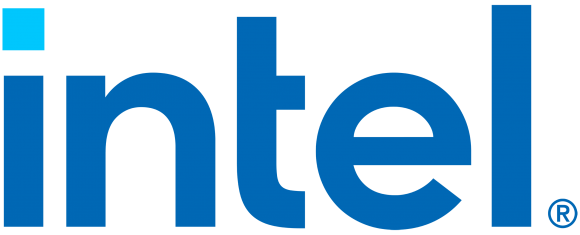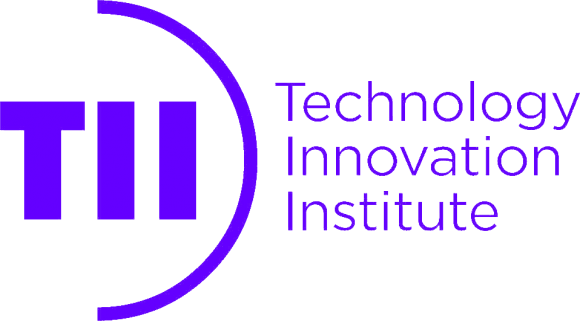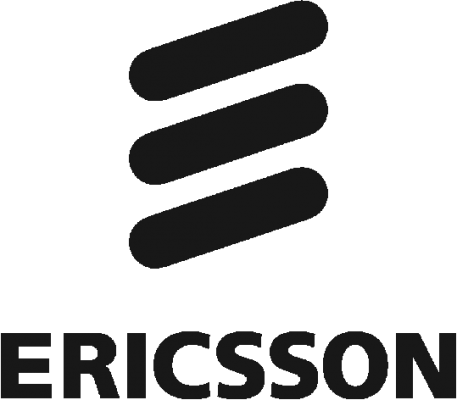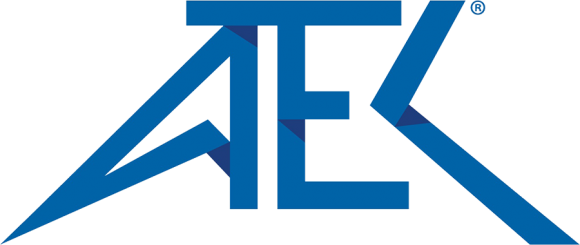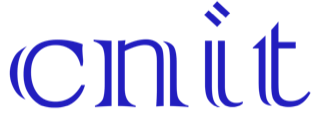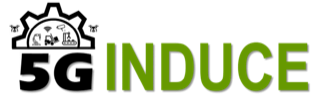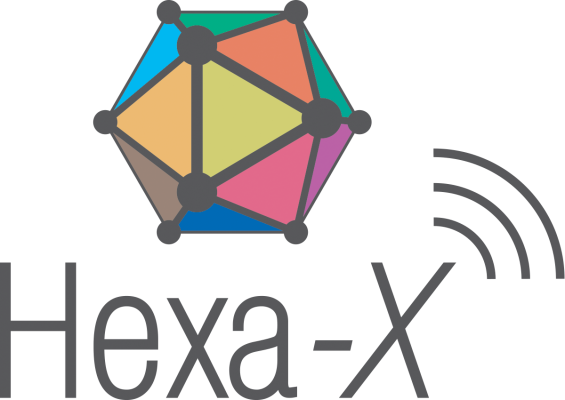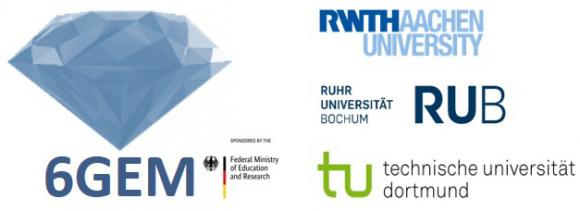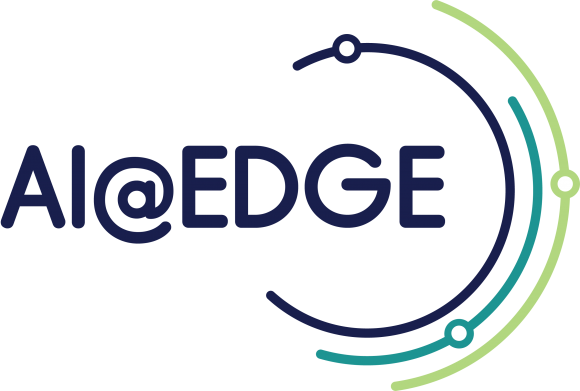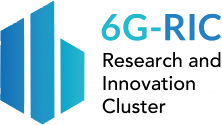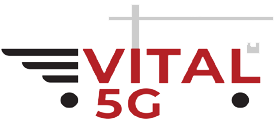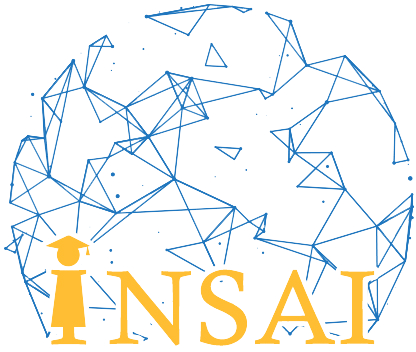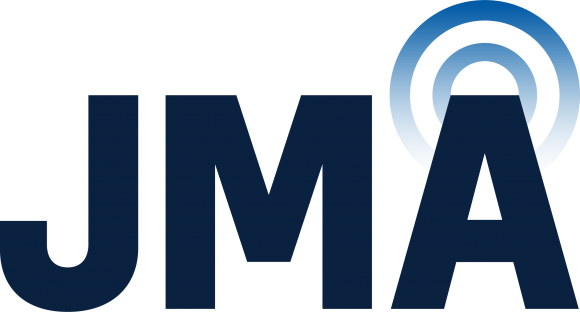Important Dates
Paper Submission Deadline: 03. February 2023 (final & firm)
Acceptance Notification: 13. March 2023
Camera Ready: 22. March 2023
Workshop Date: May 28 or June 01
Motivation
Energy efficiency and sustainability have become of paramount importance in all human activities. Regarding ICT, it has been long recognized that its impact on helping reduce the carbon footprint of other activities can be significant; then, it would be odd if the same principle would not apply to ICT itself. In particular, computing, communications and networking are relevant activities in this context, whose impact is absolutely non-negligible. The concept of Green Computing and Networking is currently gaining additional momentum with the growth in the number of networked applications in all vertical sectors, in the number of users and in the amount of traffic they generate. The pervasiveness of mobile networks in 5G and their evolution toward 6G, the spreading of edge computing and micro-data centers and the demand in computational and data transport capacity across the edge-cloud continuum are all factors that further contribute to making energy efficiency a fundamental aspect of future networks.
Goals
The goal of the GreenNet Workshop is to address emerging concepts and challenges related to energy efficiency and sustainability for networked services, by pursuing sustainability in the context of ongoing developments such as 5G and beyond, 6G, usage of AI/ML or distributed ledger solutions and with different network access technologies. To this aim, the Workshop will also address advanced traffic and power models, as well as management and control strategies, along with Application Programming Interfaces (APIs), to be used for the lifecycle management and optimization of Physical and Virtual Network Functions, the creation and dynamic reconfiguration of network slices, and the balance between sustainability in terms of energy efficiency and performance. Furthermore, the goal is to not only consider an energy efficient and sustainable access network but complete network, monitoring, and management solutions from data generation to data processing and further usage. The trade-off between availability, resiliency, programmability, and energy efficiency is a key challenge. Monitoring methods and metrics for power consumption, energy efficiency, as well as sustainability are important, as well as benchmarking of solutions based on well-defined KPIs.
We solicit original papers on the following (and related)
Topics of Interest
Authors are invited to submit original contributions (written in English) in PDF format. Only original papers not published or submitted for publication elsewhere will be considered for the workshop. Only PDF files will be accepted for the reivew process and all manuscripts must be electroncally submitted through EDAS: https://edas.info/newPaper.php?c=30418
- Traffic modeling and prediction for performance and power representation
- Analytical models of network power consumption
- Accuracy and granularity of traffic prediction models and BS/MS power consumption models
- Management and control mechanisms for the dynamic optimization of the trade-off between power, energy efficiency, sustainability and performance, availability, resilience
- APIs for power management interfaces
- Sleep modes in RAN/O-RAN and core networks
- Timing and scheduling of hardware sleep modes in the access and backhaul
- Orchestration of sleep modes
- Decentralized energy management, e.g., using distributed ledger technologies blockchain
- Benchmarking of solutions w.r.t. energy efficiency and sustainability based on KPIs
- Sensor and industrial automation networks
- Evolutionary strategies for the achievement of 6G energy-efficiency KPIs and Quality of Information improvement
- AI/ML techniques for power and performance management in virtualized environments
- AI/ML for slicing energy efficiency, fog/cloud MEC virtualization, self-x technologies, adaptation, automation, and zero-touch
- Architectural solutions toward network sustainability
- Use of renewable energy by network infrastructure devices to reduce network carbon footprint
- Power-aware network slicing
- Role of software in reducing network energy consumption and carbon footprint
- Role of the edge to support energy sustainable infrastructure
- Energy-efficiency and sustainability in all parts of networked services
- Wired and wireless energy efficiency
- Energy-saving Internet protocols
- Energy efficiency and carbon neutrality in the fog/MEC/cloud continuum
- Energy efficient internetworking of mobile backhaul/core and remote data centers
- Energy-efficient 3D networks
- Multi-technology solutions
- Mutual roles in energy saving of satellite and terrestrial networks
- Multipath support over multiple wireless technologies for access traffic steering, switching, splitting (ATSS)
- Coping with the end of Moore’s law
- Role of standardization including network energy efficiency and sustainability metrics
Confirmed TPC members:
Hamid Ahmadi, University of York, UK
Nirwan Ansari, New Jersey Institute of Technology, USA
Gianmarco Baldini, JRC, Italy
Raffaele Bruno, CNR, Italy
Carlos Jesus Bernardos Cano, Universidad Carlos III de Madrid, Spain
Luis Miguel Contreras Murillo, Telefonica, Spain
Taisir Elgorashi, University of Leeds, UK
Vasilis Frederikos, King College London, UK
Chiara Lombardo, CNIT, Italy
Reza Nakhai, King College London, UK
Loutfi Nuaymi, IMT-Atlantique, France
Jane Frances Pajo, Telenor Research, Norway
Symeon Papavassiliou, National Technical University of Athens, Greece
John Thompson, University of Edinburgh, UK
Riccardo Trivisonno, Huawei, Germany
Anastasios Zafeiropoulos, National Technical University of Athens, Greece
Thomas Zinner, NTNU, Norway
Patrick Seeling, Central Michigan University, USA
Michaela Meo, Politecnico di Torino, Italy
Nguyen Huu Thanh, Hanoi University of Science and Technology, Vietnam
Falko Dressler, TU Berlin, Germany
Markus Fiedler, BTH Karlskrona, Sweden
Sheng Zhou, Tsinghua University, China
Alessandro E. C. Redondi, Politecnico di Milano, Italy
Giovanni Giambene, University of Siena, Italy
Tim Costello, BT, UK
Louise Krug, BT, UK
Maziar Nekovee, University of Sussex, UK
Fabien Heliot, Univeristy of Surrey, UK
Paolo Gemma, Huawei and ITU-T SG5, Italy
Stefano Salsano, University of Rome Tor Vergata, Italy
Daniel Kilper, Trinity College Dublin, Ireland
Ewa Niewiadomska-Szynkiewicz, Warsaw University of Technology, Poland
Simon Pietro Romano, University of Naples Federico II, Italy
Ioannis Tomkos, University of Patras, Greece
Brunilde Sansò, Polytechnique Montréal, Canada
Lijun Dong, Futurewei Technologies, USA
Michael Jarschel, TH Ingolstadt, Germany
Florian Wamser, Lucerne University of Applied Sciences and Arts, Switzerland
